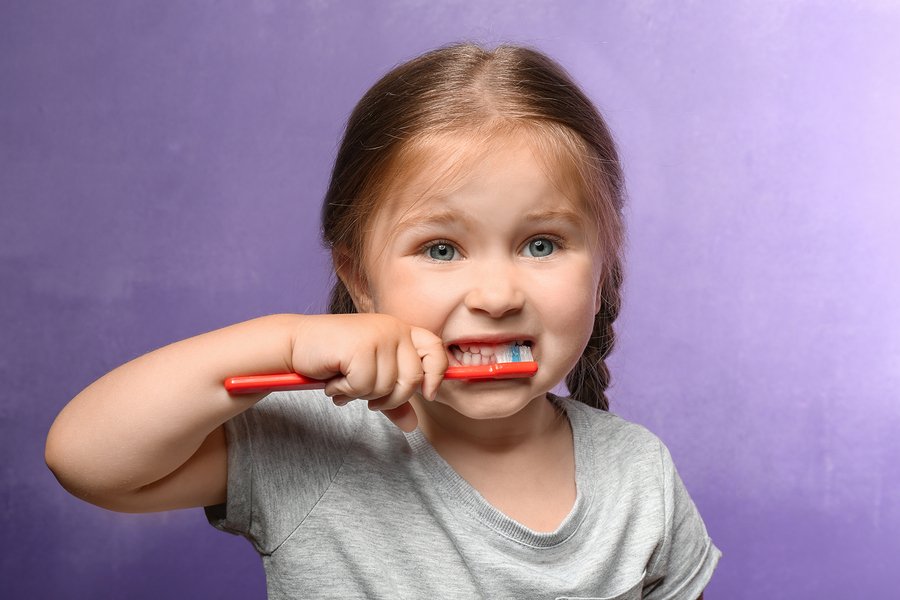Most parents regard a lost baby tooth as a considerable milestone for their children. Unfortunately, this excitement can turn to worry, when permanent teeth do not erupt as they should. If your child’s permanent teeth are not coming in, these are the 2 most likely causes.
1. There isn’t enough space.
For permanent teeth to erupt, there must be sufficient space. Ideally, there should be some space on either side of baby teeth before they fall out. This is because permanent teeth are wider than baby teeth. When there is no space, the permanent teeth will not come in. This is often a surprise to parents who believe their child’s baby teeth look straight and perfectly aligned. Baby teeth should not look this way by age six; instead, there should be small gaps between all the front ones. If your child’s front teeth are not coming in months after the loss of baby teeth, he or she may require orthodontic treatment to help the adult teeth erupt.
2. They are growing in the wrong direction.
Sometimes permanent teeth do not erupt because they are growing in the wrong direction. This is relatively common with lower second bicuspids and upper canines. Even when they have enough space, the permanent teeth can veer off path and end up in the wrong place. Dentists can remove baby teeth to help correct the path of eruption. If this doesn’t work, orthodontic treatment usually becomes necessary to help guide wandering adult teeth into the right position.
In addition to these common culprits, gender can also play a role. As with every other part of the body, there can be significant variations in the development of teeth in boys and girls. It’s not uncommon for girls to develop permanent teeth up to six months earlier than boys. Research also suggests that obese children tend to develop adult teeth sooner. This can cause concern for parents, when they compare their kids to their friend’s children. In most instances, parents should relax and demonstrate a little patience. If adult teeth do not develop after a few months, however, it’s best to have your child evaluated by your local pediatric dentist.
Sometimes kids can also develop supernumerary teeth, which are extra teeth that develop on the arch of the mouth. Since they erupt in the space reserved for permanent teeth, supernumerary teeth can prevent adult teeth from coming in. Your local dentist will check for this during your child’s examination. Once the dentist identifies the cause of the problem, he or she will make recommendations for correcting the issue, so your child’s permanent teeth will develop normally.



 Previous Article
Previous Article